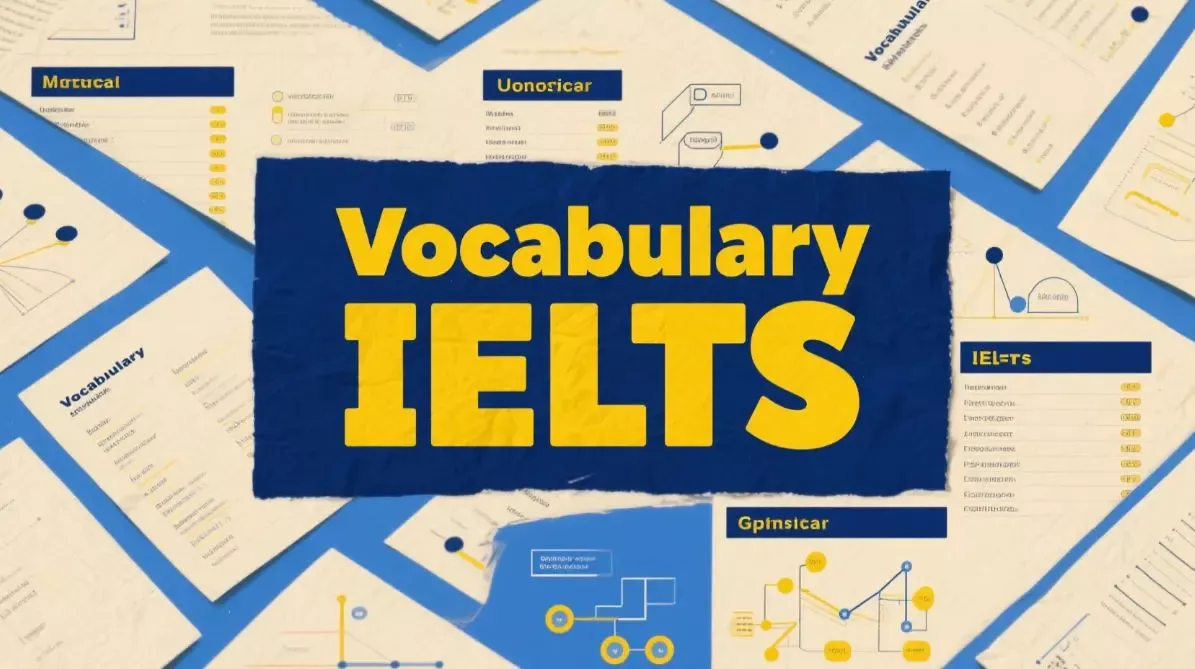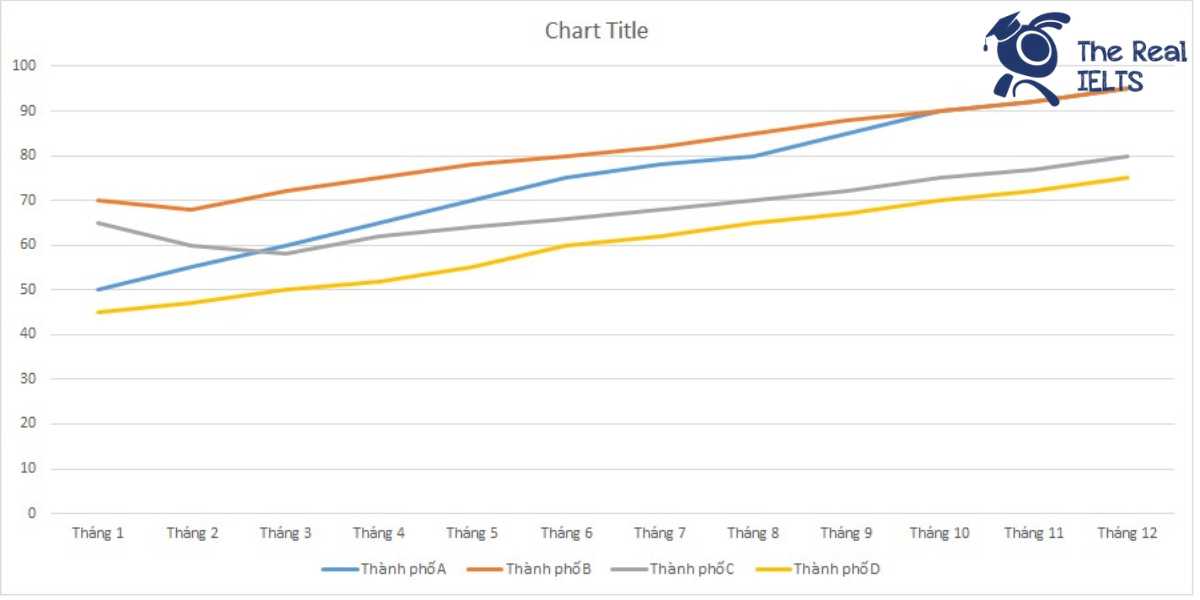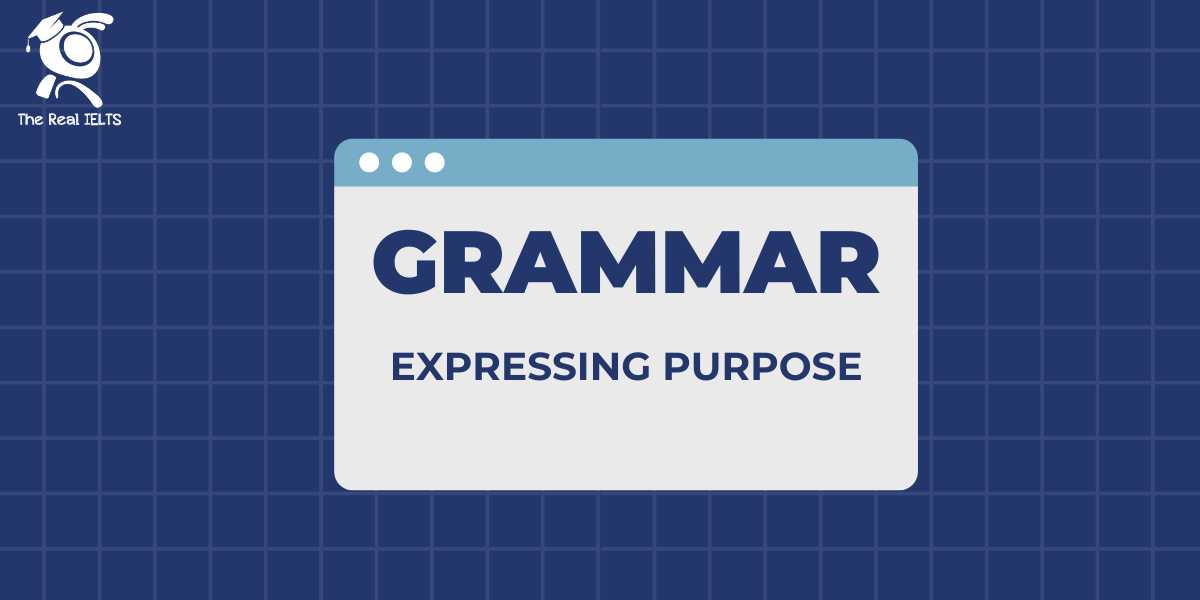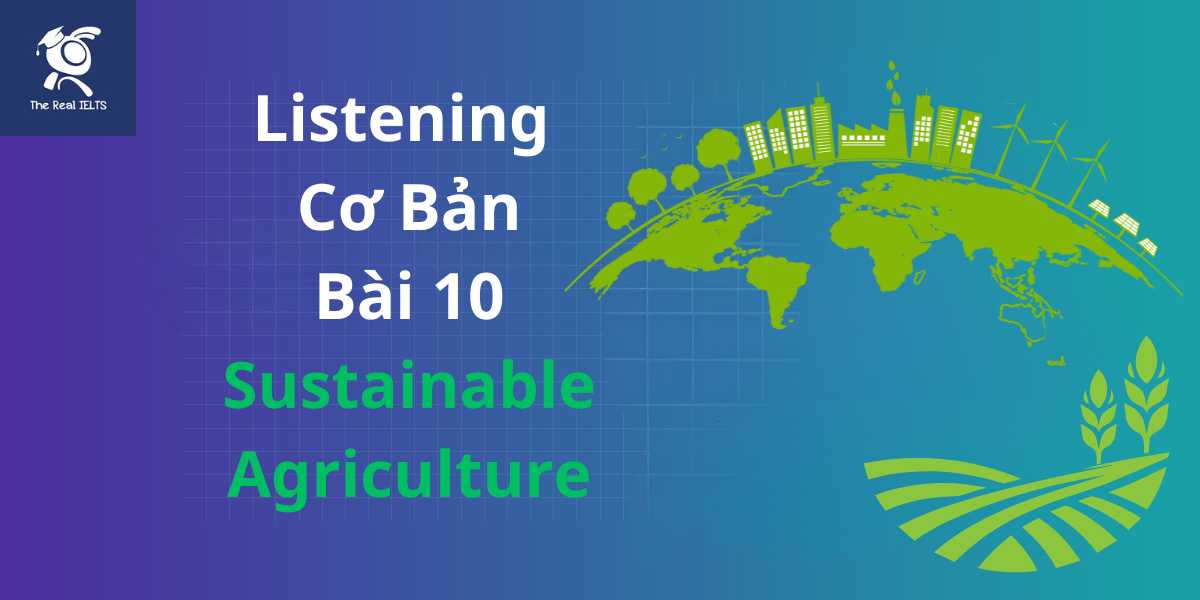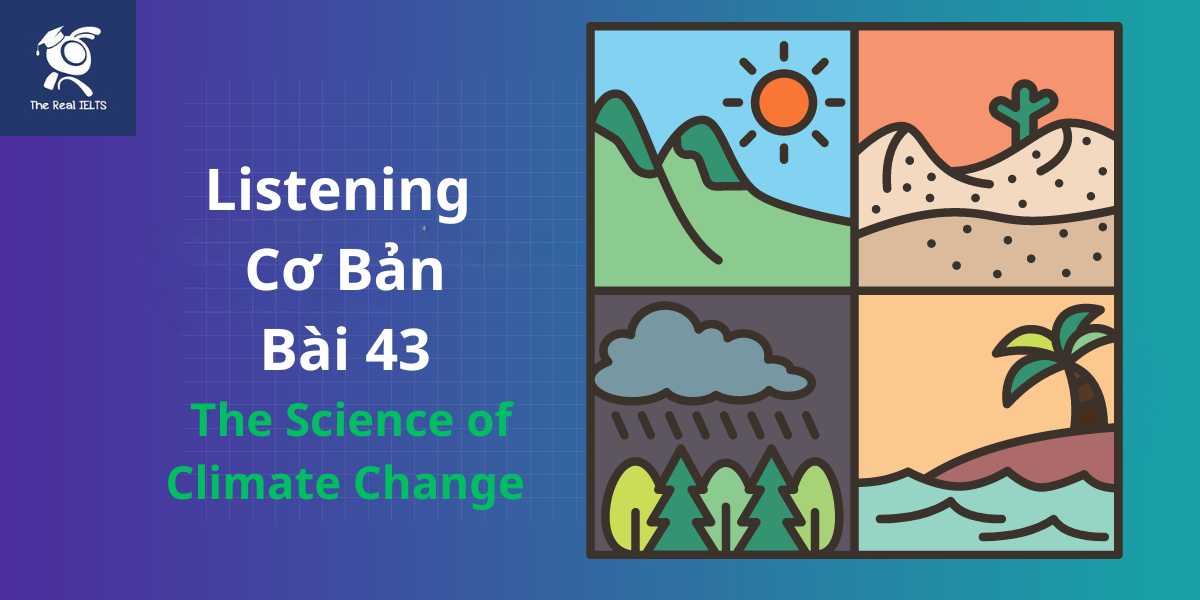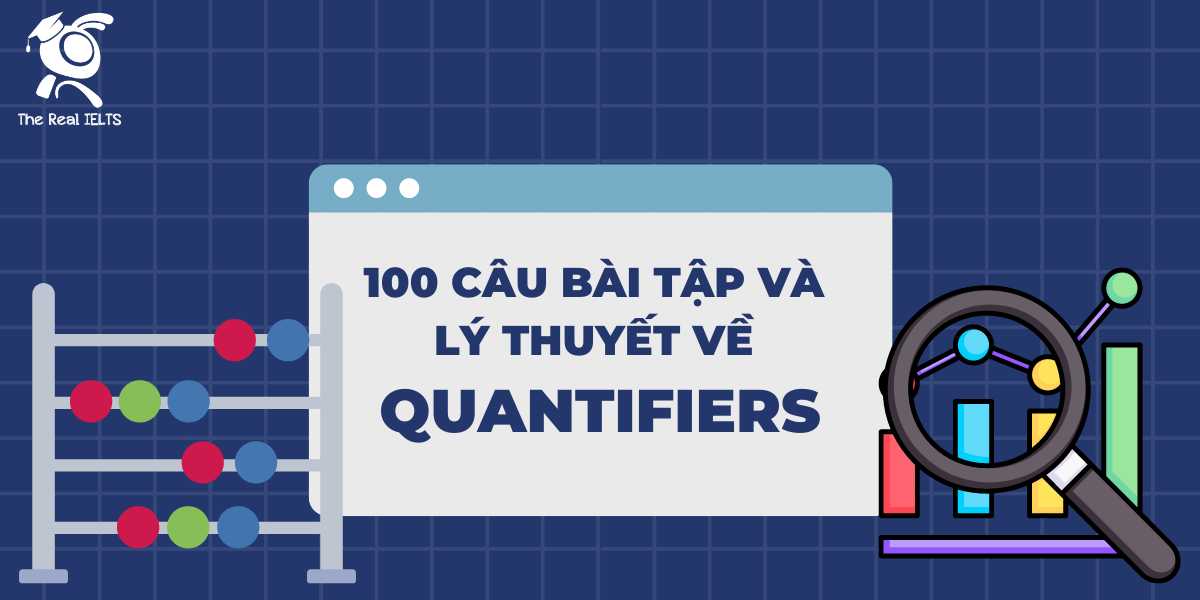Chủ đề Education đã được giới thiệu ở phần một. Đây là phần thứ hai về từ vựng của chủ đề Education.
Sau đây là phần từ vựng tiếp theo của chủ đề Education
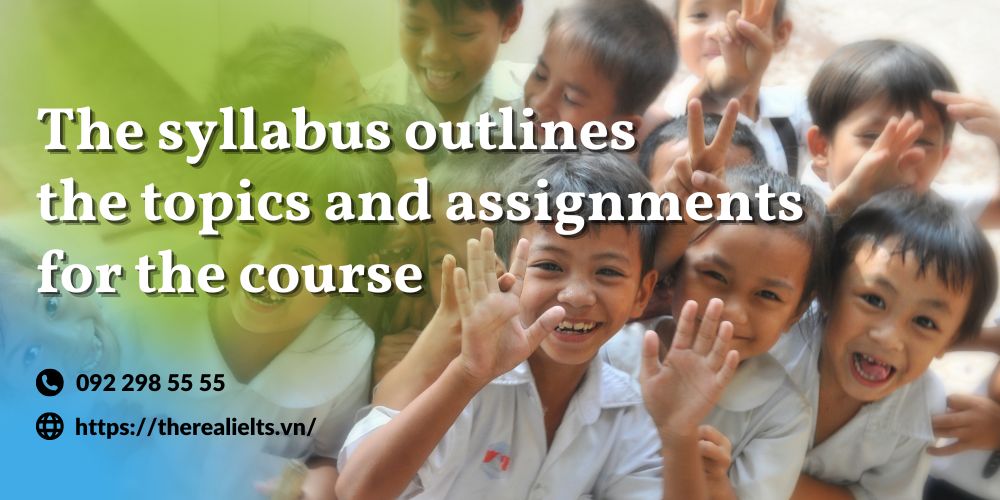

| Syllabus | Kế hoạch học | The syllabus outlines the topics and assignments for the course. | Chương trình học giản bản liệt kê các chủ đề và bài tập cho khóa học. |
| Seminar | Hội thảo | Seminars provide an opportunity for in-depth discussions on specific topics. | Hội thảo cung cấp cơ hội cho các cuộc thảo luận sâu sắc về các chủ đề cụ thể. |
| Workshop | Khóa học trực tuyến | Workshops offer hands-on learning experiences. | Các hội thảo cung cấp trải nghiệm học tập thực hành. |
| E-learning | Học từ xa | E-learning platforms have become increasingly popular for remote education. | Các nền tảng học trực tuyến đã trở nên ngày càng phổ biến cho giáo dục từ xa. |
| Online course | Phòng học ảo | Online courses provide flexibility for learners with busy schedules. | Các khóa học trực tuyến cung cấp sự linh hoạt cho người học có lịch trình bận rộn. |
| Distance learning | Đánh giá | Distance learning allows students to study from anywhere in the world. | Học từ xa cho phép sinh viên học từ bất kỳ nơi nào trên thế giới. |
| Virtual classroom | Hệ thống xếp loại | The virtual classroom facilitates remote collaboration among students. | Lớp học ảo hỗ trợ việc cộng tác từ xa giữa sinh viên. |
| Assessment | Thành tích học tập | Regular assessments help gauge students’ understanding of the material. | Đánh giá định kỳ giúp đánh giá sự hiểu biết của sinh viên về nội dung. |
| Grading system | Hoạt động ngoại khóa | The grading system varies from one educational institution to another. | Hệ thống đánh giá khác nhau từ một cơ sở giáo dục này sang cơ sở giáo dục khác. |
| Academic performance | Hoạt động liên ngành | Good academic performance opens doors to opportunities. | Hiệu suất học tập tốt mở ra cơ hội. |
| Extra-curricular activities | Vật dụng học tập | Participating in extra-curricular activities enhances the overall school experience. | Tham gia các hoạt động ngoại khóa nâng cao trải nghiệm trường học tổng thể. |
| Co-curricular activities | Cặp sách | Co-curricular activities complement the academic curriculum. | Các hoạt động ngoại khóa bổ sung chương trình học tập. |
| School supplies | Sổ tay | Purchasing school supplies is an annual ritual for students. | Việc mua đồ dùng học tập là một nghi thức hàng năm cho sinh viên. |
| Backpack | Bút | The backpack contained all the essentials for a day of classes. | Ba lô chứa tất cả các đồ cần thiết cho một ngày học. |
| Notebooks | Bút chì | Notebooks are essential for taking organized class notes. | Sổ ghi chú là thiết yếu để ghi chú lớp học một cách có tổ chức. |
| Pen | Máy tính | A good pen is a writer’s best friend during exams and assignments. | Một cây bút tốt là bạn thân của một người viết trong kỳ thi và bài tập. |
| Pencil | Bảng trắng | A pencil is handy for sketching and making corrections. | Một cây bút chì rất tiện dụng để vẽ và sửa lỗi. |
| Calculator | Bảng đen | A scientific calculator is essential for math and science classes. | Một máy tính khoa học là thiết yếu cho các lớp toán và khoa học. |
| Whiteboard | Bảng thông minh | The whiteboard is a valuable teaching aid in classrooms. | Bảng trắng là một công cụ giảng dạy quý giá trong lớp học. |
| Blackboard | Máy chiếu | Chalk dust on the blackboard is a classic symbol of traditional education. | Bụi phấn trên bảng đen là biểu tượng cổ điển của giáo dục truyền thống. |
| Smartboard | Phòng máy tính | Smartboards integrate technology into the teaching process. | Bảng thông minh tích hợp công nghệ vào quá trình giảng dạy. |
| Projector | Phòng thí nghiệm khoa học | Projectors are used for presentations and multimedia in classrooms. | Máy chiếu được sử dụng cho các bài thuyết trình và đa phương tiện trong lớp học. |
| Computer lab | Lớp học mỹ thuật | The computer lab provides access to technology for students. | Phòng máy tính cung cấp truy cập vào công nghệ cho sinh viên. |
| Science lab | Giáo dục thể chất | The science lab is equipped for hands-on experiments. | Phòng thí nghiệm khoa học được trang bị cho các thí nghiệm thực hành. |
| Art class | Lớp âm nhạc | Art classes allow students to explore their creativity. | Các lớp học nghệ thuật cho phép sinh viên khám phá sự sáng tạo của mình. |
| Physical education | Lớp ngôn ngữ | Physical education promotes a healthy and active lifestyle. | Giáo dục thể chất thúc đẩy lối sống lành mạnh và tích cực. |
| Music class | Toán | Music classes nurture students’ appreciation for the arts. | Các lớp học âm nhạc nuôi dưỡng sự đánh giá cao của sinh viên đối với nghệ thuật. |
| Language class | Khoa học | Language classes enhance communication skills. | Các lớp học ngôn ngữ tăng cường kỹ năng giao tiếp. |
| Math | Lịch sử | Math is a fundamental subject that develops logical thinking. | Toán học là một môn học cơ bản phát triển tư duy logic. |
| Science | Địa lý | Science classes explore the wonders of the natural world. | Các lớp học khoa học khám phá những kỳ quan của thế giới tự nhiên. |
| History | Văn học | History classes provide insights into the past. | Các lớp học lịch sử cung cấp cái nhìn sâu sắc về quá khứ. |
| Geography | Triết học | Geography classes explore the physical and cultural landscapes. | Các lớp học địa lý khám phá các cảnh quan vật lý và văn hóa. |
| Literature | Tâm lý học | Literature classes foster a love for reading and critical analysis. | Các lớp học văn học nuôi dưỡng tình yêu đối với việc đọc và phân tích phê bình. |
| Philosophy | Xã hội học | Philosophy classes encourage deep contemplation and critical thinking. | Các lớp học triết học khuyến khích suy ngẫm sâu sắc và tư duy phê bình. |
| Psychology | Kinh tế học | Psychology classes delve into the workings of the human mind. | Các lớp học tâm lý học sâu rộng vào cách thức hoạt động của tâm trí con người. |
| Sociology | Khoa học chính trị | Sociology classes examine societal structures and interactions. | Các lớp học xã hội học xem xét cấu trúc xã hội và tương tác. |
| Economics | Ngôn ngữ học | Economics classes explore the principles of resource allocation. | Các lớp học kinh tế khám phá các nguyên lý của phân phối tài nguyên. |
| Political science | Nghệ thuật ngôn ngữ | Political science classes analyze political systems and governance. | Các lớp học khoa học chính trị phân tích hệ thống chính trị và quản trị. |
| Language arts | Tư duy logic | How does the incorporation of language arts enhance students’ overall communication abilities? | Làm thế nào việc tích hợp ngôn ngữ nghệ thuật cải thiện khả năng giao tiếp tổng thể của sinh viên? |
| Critical thinking | Giải quyết vấn đề | Can you provide an example that illustrates the importance of critical thinking in solving real-world problems? | Bạn có thể cung cấp một ví dụ minh họa về tầm quan trọng của tư duy phê bình trong việc giải quyết các vấn đề thực tế? |
| Problem-solving | Sáng tạo | Share an experience where effective problem-solving skills played a crucial role in your academic or professional life. | Chia sẻ một trải nghiệm mà kỹ năng giải quyết vấn đề hiệu quả đã đóng một vai trò quan trọng trong cuộc sống học thuật hoặc nghề nghiệp của bạn. |
| Creativity | Làm việc nhóm | In what ways can educators encourage and nurture creativity in the classroom setting? | Những cách nào mà giáo viên có thể khuyến khích và nuôi dưỡng sự sáng tạo trong cài đặt lớp học? |
| Teamwork | Kỹ năng giao tiếp | Describe a situation where successful teamwork was instrumental in achieving a specific educational goal. | Mô tả một tình huống mà teamwork hiệu quả đã đóng một vai trò quan trọng trong việc đạt được một mục tiêu giáo dục cụ thể. |
| Communication skills | Trình bày | How can educators assist students in developing strong communication skills, both written and verbal? | Giáo viên làm thế nào để hỗ trợ sinh viên phát triển kỹ năng giao tiếp mạnh mẽ, cả bằng văn bản và lời nói? |
| Presentation | Thảo luận | Share a memorable experience from your academic journey involving a presentation, and its impact on your learning. | Chia sẻ một trải nghiệm đáng nhớ từ hành trình học tập của bạn liên quan đến một bài thuyết trình, và tác động của nó đối với việc học của bạn. |
| Debate | Đa dạng văn hóa | What role does debate play in fostering critical thinking and effective communication among students? | Vai trò của cuộc tranh luận là gì trong việc nuôi dưỡng tư duy phê bình và giao tiếp hiệu quả giữa các sinh viên? |
| Cultural diversity | Nhận thức toàn cầu | How can educational institutions promote cultural diversity to create a more inclusive learning environment? | Các cơ sở giáo dục làm thế nào để thúc đẩy đa dạng văn hóa để tạo ra một môi trường học tập phản ánh đa dạng hơn? |
| Global awareness | Học suốt đời | Discuss the importance of incorporating global awareness into the curriculum to prepare students for an interconnected world. | Thảo luận về tầm quan trọng của việc tích hợp nhận thức toàn cầu vào chương trình học để chuẩn bị sinh viên cho một thế giới liên kết. |
| Lifelong learning | Hệ thống giáo dục | In what ways does the concept of lifelong learning contribute to personal and professional development? | Theo cách nào ý tưởng học suốt đời đóng góp vào sự phát triển cá nhân và chuyên môn? |
| Educational system | Tư tưởng giáo dục | What improvements do you think are necessary in the current educational system to better meet the needs of students in the 21st century? | Cải tiến nào bạn nghĩ là cần thiết trong hệ thống giáo dục hiện tại để đáp ứng tốt hơn nhu cầu của sinh viên trong thế kỷ 21? |
Bài tập từ vựng chủ đề Education
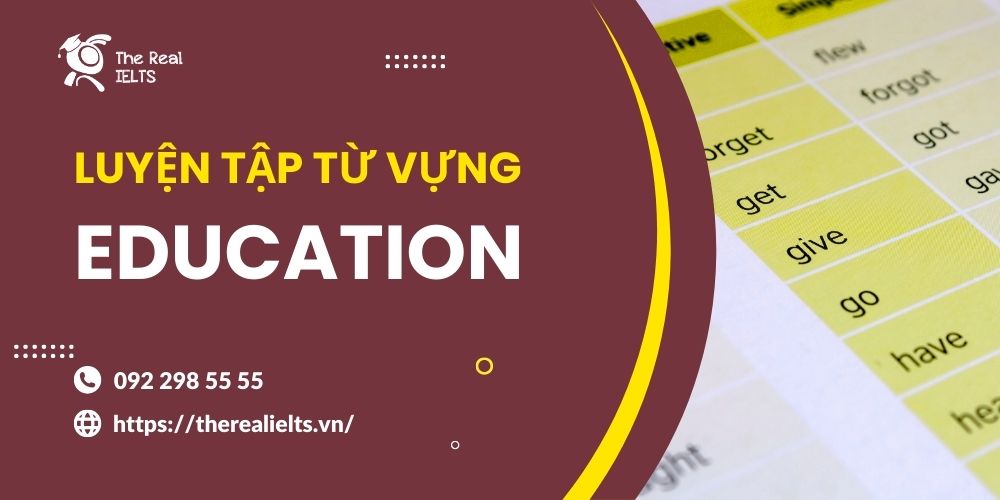

I. Vocabulary and Comprehension:
- Define the term “syllabus” and explain its importance in a course.
- Differentiate between seminars and workshops, highlighting their respective purposes.
- Explore the advantages of e-learning platforms for remote education.
- Discuss the benefits of online courses for learners with busy schedules.
- Explain how distance learning allows students to study globally.
- Describe the role of a virtual classroom in facilitating remote collaboration.
- Discuss the significance of regular assessments in gauging students’ understanding.
- Compare grading systems in different educational institutions.
- Explain how good academic performance opens doors to opportunities.
- Elaborate on how extra-curricular activities enhance the overall school experience.
II. Writing and Reflection:
Write an essay on the importance of school supplies in a student’s academic journey.
Reflect on the role of technology in modern classrooms, discussing smartboards, projectors, computer labs, and science labs.
Discuss the impact of physical education on promoting a healthy and active lifestyle.
Share your thoughts on how language classes contribute to enhancing communication skills.
Write a paragraph on the fundamental nature of math and its role in developing logical thinking.
Reflect on a memorable experience involving a presentation in your academic journey and its impact on your learning.
Discuss the role of debate in fostering critical thinking and effective communication among students.
Explore ways in which educators can encourage and nurture creativity in the classroom setting.
Reflect on a situation where effective teamwork played a crucial role in achieving a specific educational goal.
Provide examples and suggestions on how educators can assist students in developing strong communication skills, both written and verbal.
III. Critical Thinking and Personal Experiences:
Answer the question: How does the incorporation of language arts enhance students’ overall communication abilities?
Provide an example illustrating the importance of critical thinking in solving real-world problems.
Share an experience where effective problem-solving skills played a crucial role in your academic or professional life.
Discuss the importance of incorporating global awareness into the curriculum to prepare students for an interconnected world.
In what ways does the concept of lifelong learning contribute to personal and professional development?
IV. Open-ended Discussion:
Share your thoughts on necessary improvements in the current educational system to better meet the needs of students in the 21st century.
Lời giải cho bài tập chủ đề Education
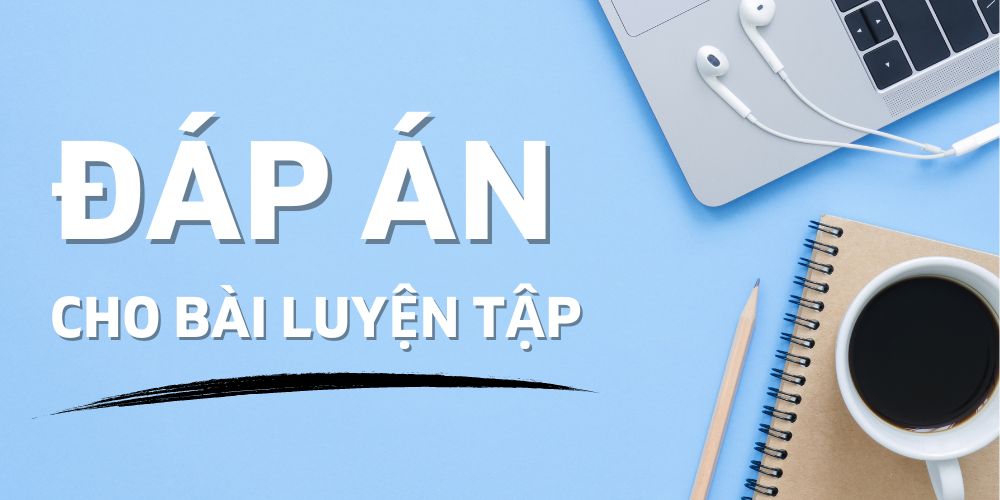

I. Vocabulary and Comprehension:
- Syllabus:
- Definition: A syllabus is a document outlining the topics, assignments, and objectives of a course.
- Importance: It serves as a roadmap for students, providing a clear structure and expectations for the course.
- Seminars vs. Workshops:
- Seminars: Offer in-depth discussions on specific topics, allowing for comprehensive exploration and understanding.
- Workshops: Provide hands-on learning experiences, encouraging practical application of knowledge gained in seminars.
- E-learning Platforms:
- Advantages: Increasing popularity due to accessibility, flexibility, and the ability to facilitate remote education.
- Online Courses:
- Benefits: Provide flexibility for learners with busy schedules, allowing them to pace their learning based on personal commitments.
- Distance Learning:
- Advantage: Allows students to study from anywhere globally, breaking down geographical barriers.
- Virtual Classroom:
- Facilitates remote collaboration among students, creating a sense of a shared learning environment despite physical separation.
- Regular Assessments:
- Importance: Essential for gauging students’ understanding of the material, providing feedback for improvement.
- Grading Systems:
- Variation: Grading systems differ among educational institutions, impacting how academic performance is evaluated.
- Academic Performance:
- Opens Doors: Good academic performance creates opportunities for scholarships, further education, and career advancements.
- Extra-curricular Activities:
- Enhancement: Participating in extra-curricular activities enriches the overall school experience, fostering personal growth and social skills.
II. Writing and Reflection:
- Essay on School Supplies:
- Importance: Annual ritual for students, ensuring they are equipped for effective learning.
- Examples: Backpack, notebooks, pens, pencils, scientific calculator, and more.
- Technology in Modern Classrooms:
- Role: Smartboards, projectors, computer labs, and science labs enhance the learning experience through interactive and practical applications.
- Physical Education:
- Impact: Promotes a healthy and active lifestyle, contributing to physical and mental well-being.
- Language Classes:
- Contribution: Enhance communication skills, including verbal proficiency, writing abilities, and cultural understanding.
- Math as a Fundamental Subject:
- Role: Develops logical thinking, problem-solving skills, and a foundation for various fields.
- Memorable Presentation Experience:
- Reflect on a presentation’s impact on learning, confidence building, and communication skills.
- Debate in Fostering Critical Thinking:
- Discuss how debates encourage critical thinking, effective communication, and understanding diverse perspectives.
- Encouraging Creativity in the Classroom:
- Strategies: Providing opportunities for creative expression, fostering a supportive and open-minded learning environment.
- Teamwork in Education:
- Share an educational goal achieved through teamwork, emphasizing its importance in collaborative learning.
- Assisting Students in Developing Communication Skills:
- Suggestions: Providing constructive feedback, encouraging participation, and incorporating communication-focused activities in the curriculum.
III. Critical Thinking and Personal Experiences:
- Incorporation of Language Arts:
- Analysis: Explore how language arts, including literature and writing, contribute to overall communication abilities.
- Example of Critical Thinking in Real-World Problem Solving:
- Provide a real-world example illustrating the importance of critical thinking in problem-solving.
- Personal Experience in Problem-Solving:
- Narrate an academic or professional situation where effective problem-solving skills were crucial.
- Global Awareness in the Curriculum:
- Discuss how incorporating global awareness prepares students for an interconnected world.
- Lifelong Learning:
- Personal and Professional Development: Reflect on how the concept of lifelong learning contributes to ongoing growth.
IV. Open-ended Discussion:
- Improvements in the Educational System:
- Discuss personal opinions on necessary improvements in the current educational system, considering the needs of 21st-century students.
- Promoting Cultural Diversity:
- Explore ways in which educational institutions can promote cultural diversity to create inclusive learning environments.
Đọc thêm: 100 từ vựng chủ đề EDUCATION ví dụ và bài tập (Part 1).



